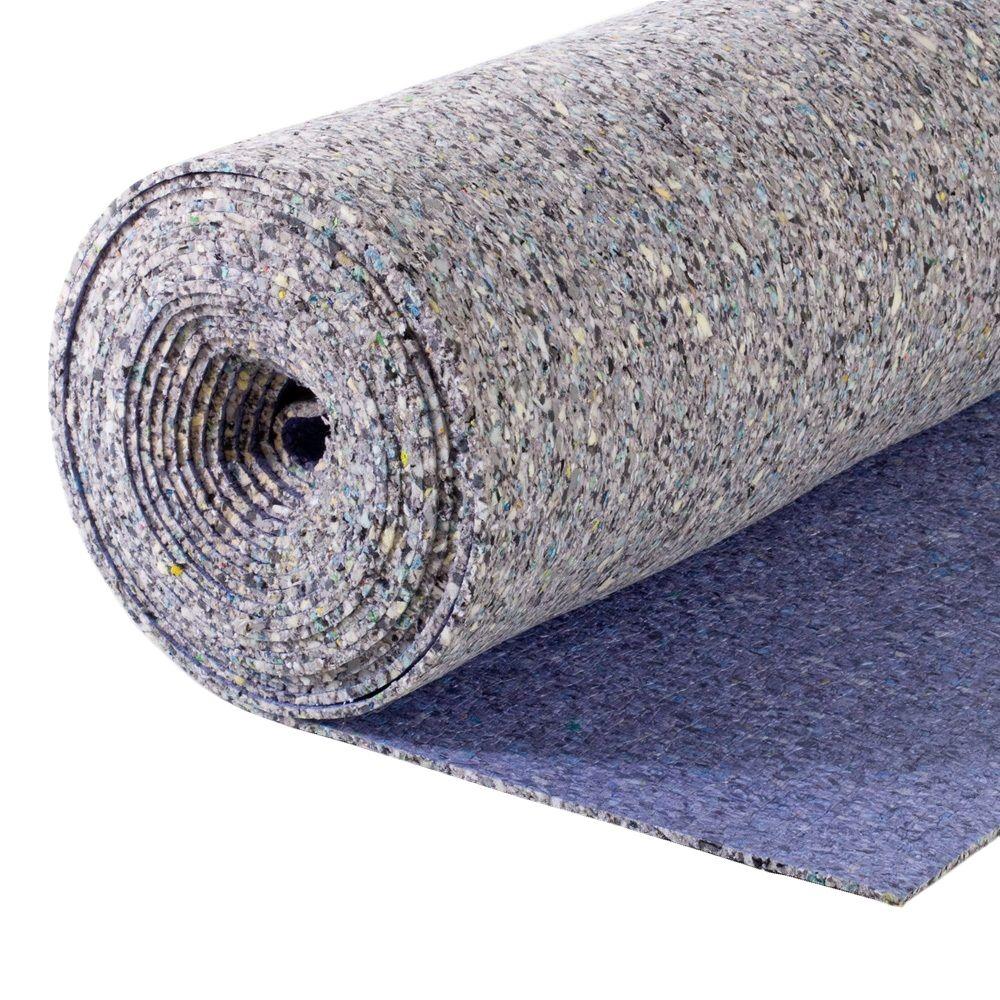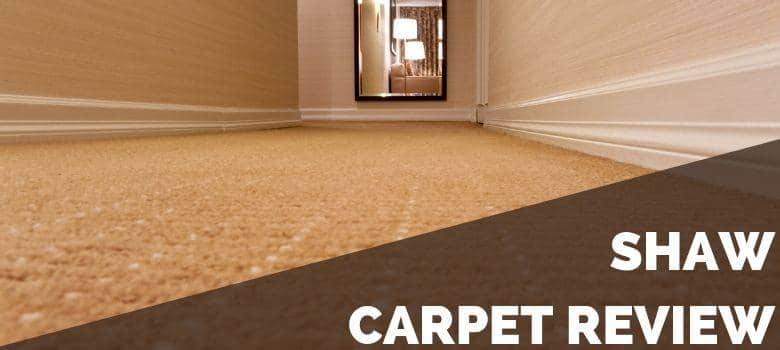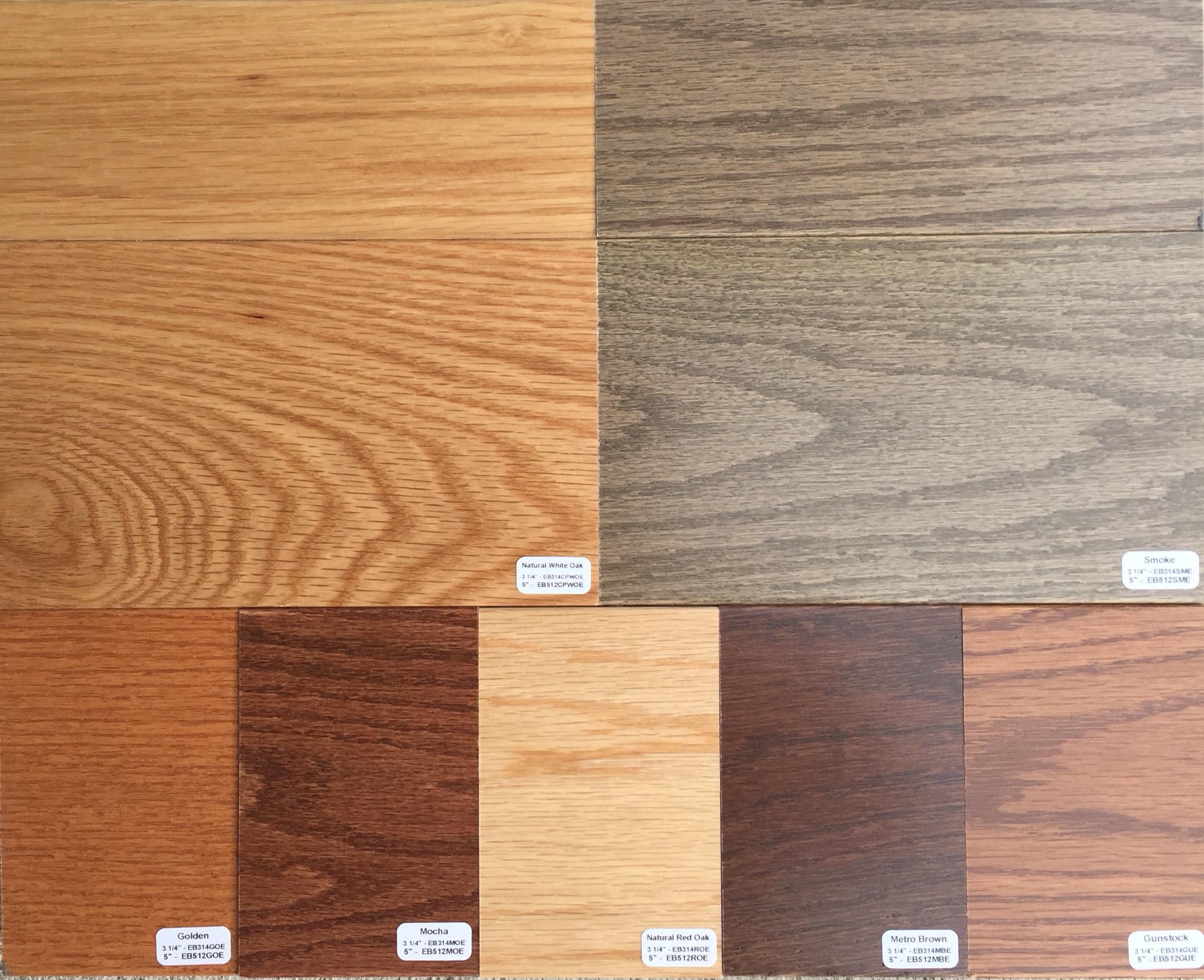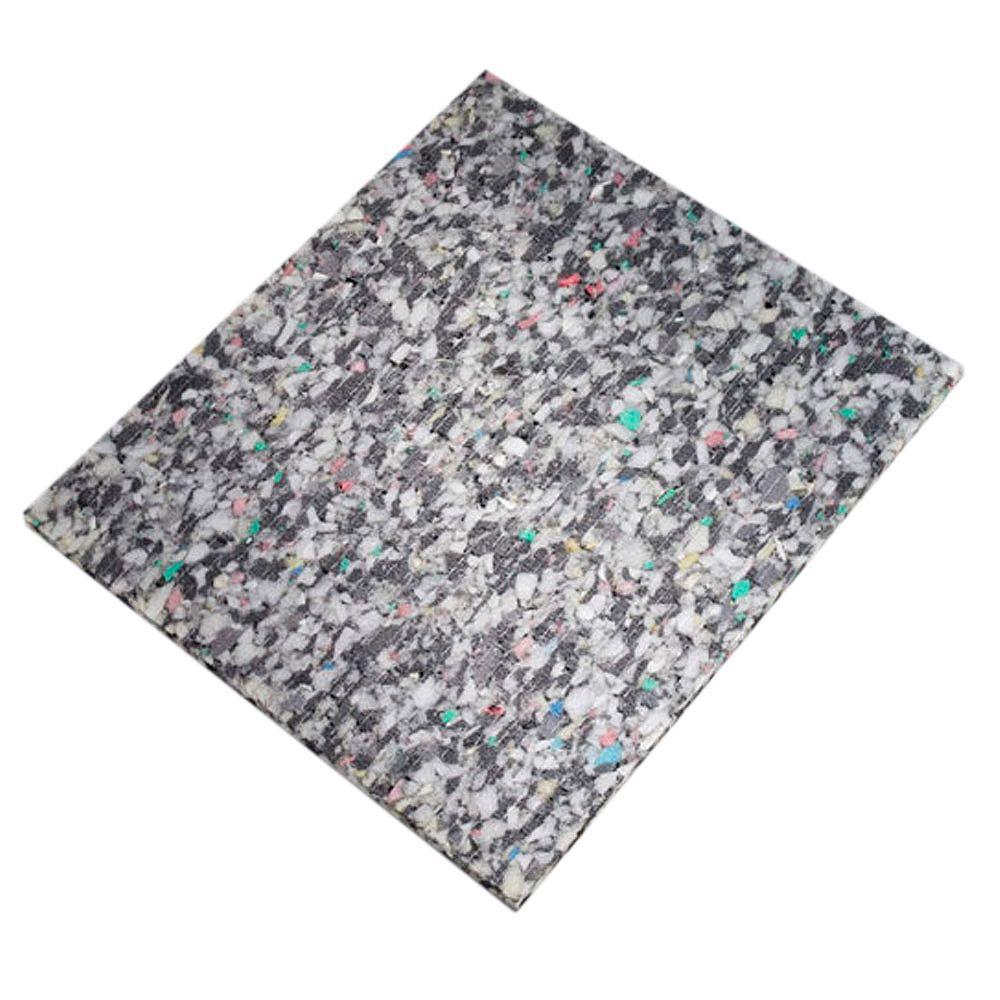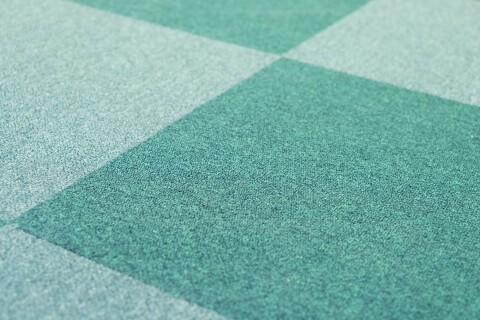There are at least 3 grades of low end carpets designed for apartments and rental property and is typically called builder grade or apartment grade carpet.
Builder grade carpet thickness.
The higher this number the denser the carpet.
The truth is that face weight is only one of several factors that play a key role in determining carpet quality in order to truly understand the quality of the carpet several important factors need to be taken into consideration including fiber twist fiber type and carpet style.
Residential carpet grades explained.
Thinner loop and cut pile carpets require a more.
These builder carpets include low to medium end nylon and polyester carpets.
We have selected some of the best values available on the builder grade carpet market.
According to abccarpets most residential carpet pads have a thickness of 7 16 inch.
For most residential carpets the carpet pad should be between 1 4 and 7 16 inch thick and should have a density of 6 to 8 pounds per cubic foot.
Together they are key factors in your carpet s look and feel and they also influence its resilience and durability.
So a 1 10 gauge carpet with 10 stitches per inch means there are 100 stitches in one square inch of the carpet.
Don t choose a carpet pad that s too thick or you risk unsightly folds and wrinkles developing in and beneath.
Upgraded builder s carpet upgraded options may include a boost to approximately a 35 to 40 ounce saxony or 28 ounce berber not what we would typically deem as high grade carpets.
Carpet grades some manufacturers identify their products by grade.
You cannot compare two different manufacturers who each offer a grade 5 or.
The gauge of a machine does not change but the stitch rate can.
Carpet density is basically a combination of height and thickness.
The term builder grade is a bit misleading since builders are technically using it but by no means are builder grade materials the crème de la crème.
Get to know the basics below to decide which.

